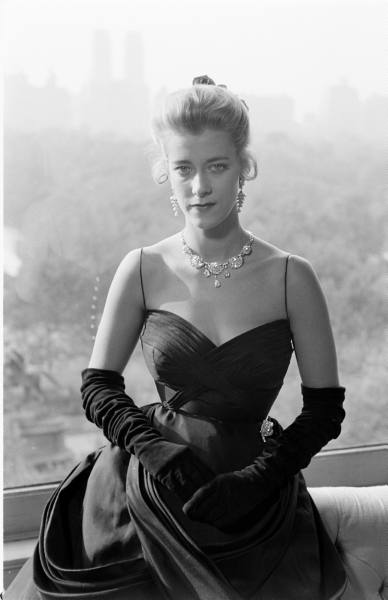
First, I forgot to mention something in my last post: the way I’m describing and “interpreting” the music should be understandable by anyone and everyone. You don’t have to know anything about classical music in order to “decode” the emotions or actions it’s communicating. That famous quote about music being a “universal language?” Well, there’s some truth to that.
There are, however, some requirements for understanding the music, which I will go into now:
- Have you grown up within a Western musical culture? (Ex: Do you listen to pop or rock music? Have you ever seen a movie that used a soundtrack in the background? Have you ever watched TV or seen commercials that use music?)
Yup, that’s it. That’s all you need. You’ve been trained your whole life to recognize “happy” and “sad” music, and in general to connect certain types of music to certain types of feelings or actions.
Okay, time to get off my soap box and just tell you the story:
Holberg Suite, Op. 40: II. Sarabande (Andante) by Edvard Grieg
General Story:
The opening theme is so hopeful and beautiful (have I mentioned how much I LOVE this piece?)—it sounds like someone is daydreaming and/or in love.
(0:55) It’s not all daisies and sunshine, though. After all, if someone’s filled with hope then they Continue reading “Classical Music Stories #1: Anna Karenina (Part 2)” →




